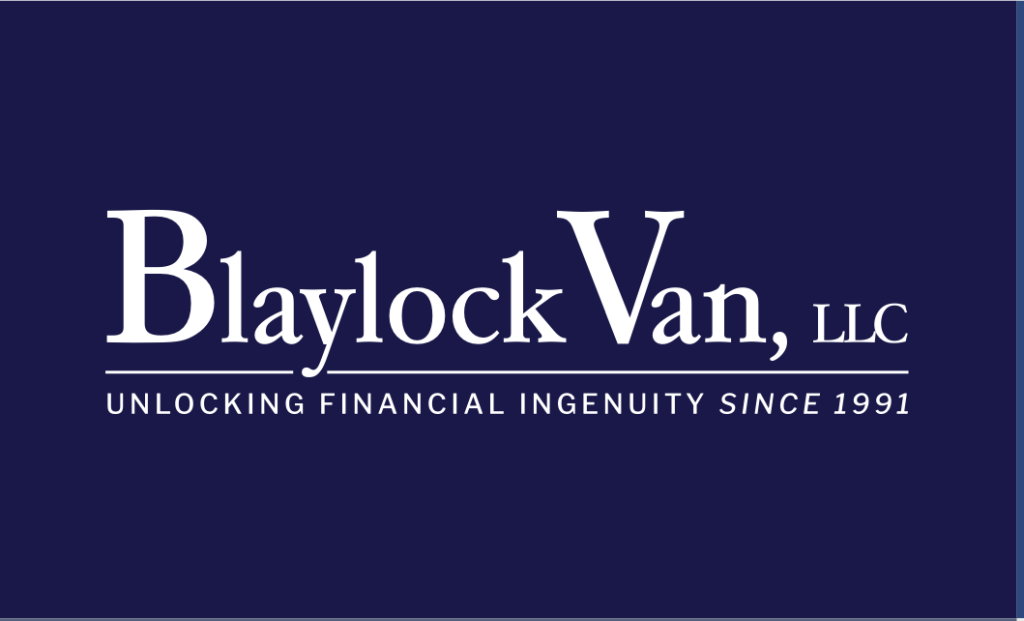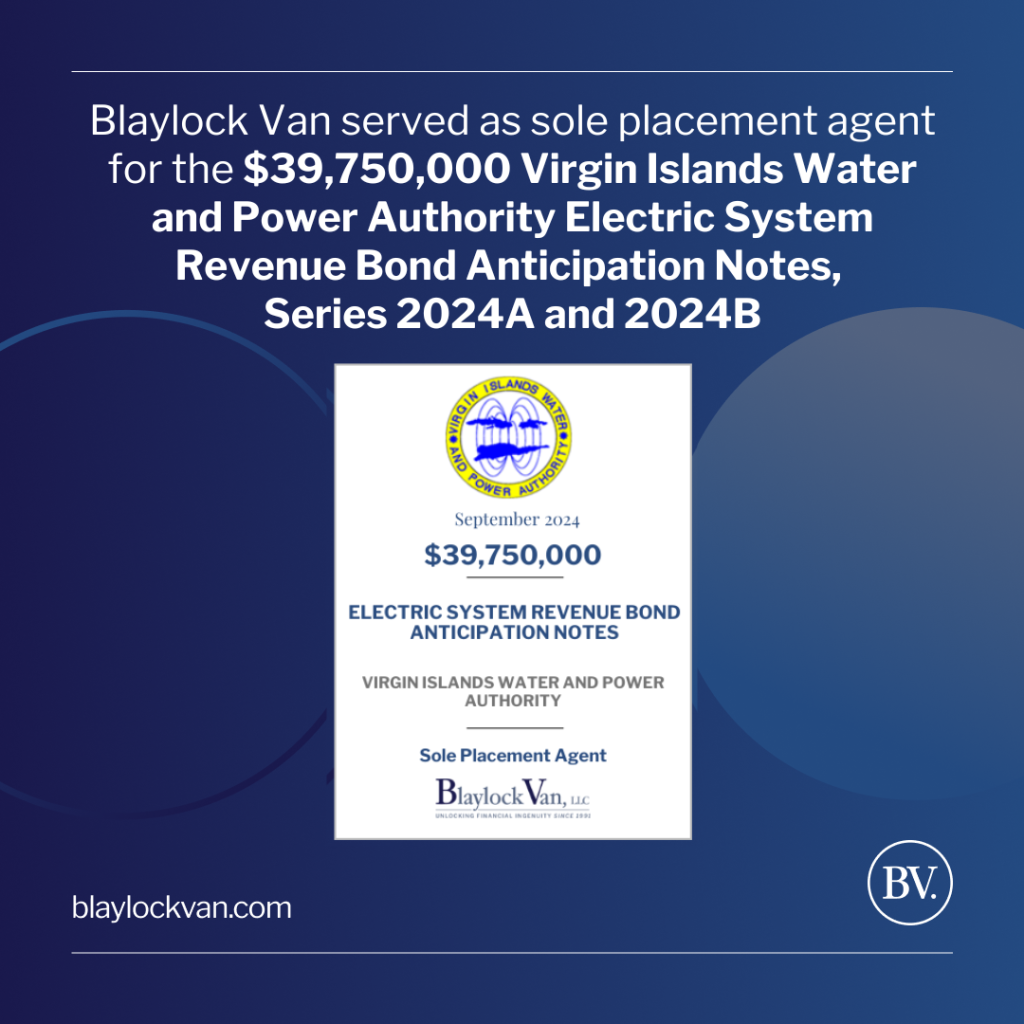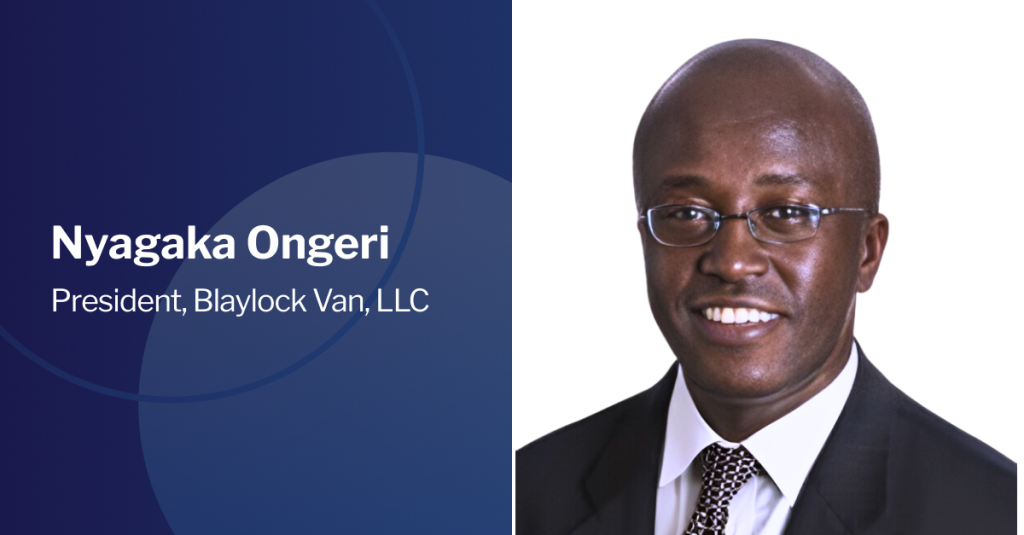The pace of advancement in our understanding of numerous diseases and our ability to treat those diseases has moved forward at a staggering rate, in good part driven by the availability of investment capital to fund new companies developing new therapies. Breakthroughs in healthcare tend to follow inflows of money. If this trend stays true, there could be an even bigger explosion in new therapies down the road, thanks in part to the dramatic recent rise in healthcare investment funding from an unexpected source – SPACs.
What is a SPAC? SPAC is the acronym for a Special Purpose Acquisition Company. SPACs are companies founded for one purpose – to raise money through an IPO (Initial Public Offering) and then use that money to invest in or acquire existing companies. SPACs have been around in various forms for decades, but only in the past 1-2 years have they generated this much interest and this much money.
According to SPAC Analytics, there were 450 IPOs done in 2020, 55% of them (or 248) were SPAC IPOs. These SPAC IPOs raised $83.2 billion in 2020, 46% of the total of $179.2 billion raised by all IPOs, traditional and SPAC. In the first weeks of 2021, there have been 43 SPAC IPOs that raised $11.4 billion, 96% of all IPO money raised.
This SPAC movement has extended forcefully into biotechnology.

How does a SPAC work? The SPAC is formed around a managerial group with experience investing in or running companies in a particular market segment, in this case healthcare or life sciences. The SPAC raises money by going public with the plan to find and acquire a company (or companies). If the target company is not public, as is usually the case, it becomes public when it is acquired by the publically traded SPAC. The target company is usually the surviving entity. That means the SPAC takes the targeted company’s name and the targeted company’s management team runs it.
Are IPOs going away? NO. They are also getting stronger. We are on pace to see more healthcare IPO funding in 2020 than in the prior five years.

The combination of a robust appetite for new issues and a strong recent track record of post-IPO stock performance indicates we’ll likely see the high volume of biotech offerings continue. Plus, the COVID-19 pandemic has led to heightened public and investor interest in the healthcare space. While hard-hit industries like travel and hospitality continue to suffer, the healthcare sector, from biotech to digital health, is attracting rising investment. Biotech financing rounds are getting bigger and this is reflected in the strong after-IPO stock performance we’ve seen this year.

Where are we headed? In our opinion,
- The SPAC phenomenon tells us that there is money out there looking to be invested. This is a good sign for the U.S. and global economies.
- The high level of attention SPACs are paying to the healthcare space is partly due to the increased attention form COVID-19, partly to the resilience of the space to partial economic slowdowns and in large part to the rapid innovation of new ways to treat diseases, as evidenced by the quick success of multiple COVID vaccine makers and we see this trend continuing.
- We see the growth in SPAC investing seen in 2020 as continuing in 2021. We also see a strong appetite for IPOs, including in the healthcare sector, to go along with the rising tide of SPACs.
- As more SPACs are formed and more healthcare deals are done, good targets may get harder to find in the near-term. But, as has always been the case, new ideas and new discoveries fueled by the strong investment we are seeing now will breed new healthcare start-ups to take their place.
About the author: Dr. Bouchey has three post-graduate degrees and over 16 years of experience in advanced biomedical research and teaching at the university level. He received a Ph.D. from the University of Virginia studying Cell & Molecular Biology as well as two Masters Degrees earned simultaneously at the University of Kentucky, an MBA majoring in Monetary Economics and Finance and an M.S. studying Virology. He also has a B.S. in Microbiology & Public Health from Michigan State University. For the past 20 years, Dr. Bouchey has been an analyst identifying and evaluating emerging biotechnology and medical device companies and a pharmaceutical industry executive and is currently the Head of Healthcare Strategy and a Senior Vice President of Corporate Banking at Blaylock Van.





